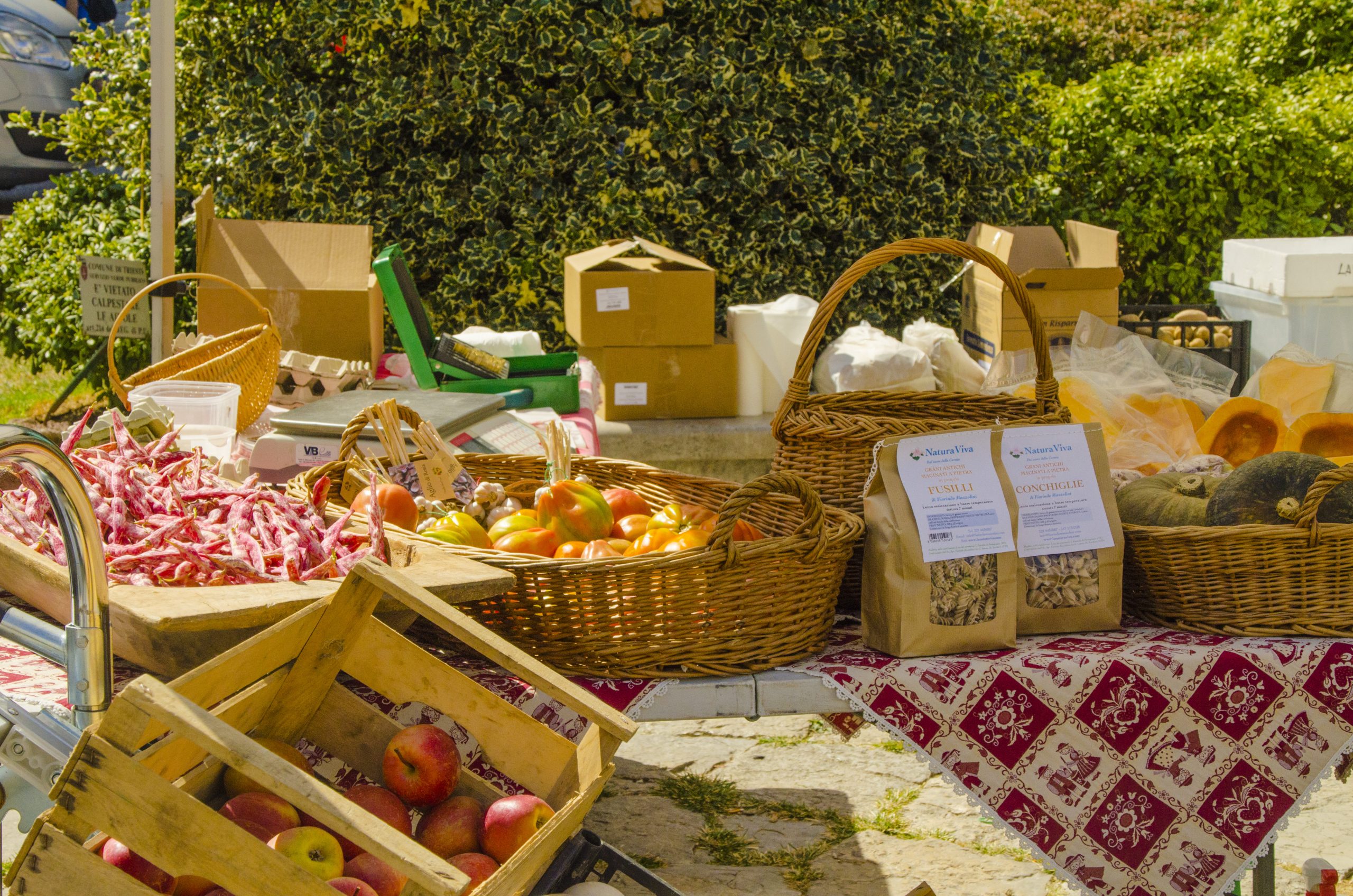by Maximiliano Crocamo
Interviews: Alberto Pasino, municipal councillor for Lista Punto Franco Giovanni Barbo, cultural operator, PD municipal councillor
A new chapter opened this week in Trieste’s long-running debate over a proposed cable car system, as city leaders faced questions about funding, governance and the stability of the center-right majority that runs the municipality.
The controversy followed a city council resolution approving the use of municipal funds to advance the project after national recovery plan financing was deemed at risk. Only six of ten members of the city’s executive committee supported the measure. At the same time, Mayor Roberto Dipiazza moved to consolidate authority over the project by revoking relevant delegations and assuming them himself.
Opposition groups quickly criticized the move, accusing the administration of misleading residents, losing access to PNRR funds, and preparing to cut other public works to compensate for cost overruns. Some leaders said the episode revealed a deeper crisis in the governing coalition.
“We are asking this administration to pause and reevaluate its actions,” said Giorgio Sclip of the Punto Franco Trieste list. “If necessary, the city should return to the polls to set a new course and a new plan for Trieste.”
The strongest criticism focused on the project’s financial implications, with center-left councillors warning that the new funding structure could destabilize the 2026 municipal budget.
Members of the governing majority rejected the accusations. Stefano Bernobich, the League’s floor leader, insisted that national funds remain in place and argued that the mayor’s decision to take direct control of the project gives the city stronger political leverage. Still, he acknowledged that the cable car has exposed “slightly different views” among coalition partners.
Forza Italia leader Alberto Polacco also defended the administration, citing the need for political oversight following recent administrative court rulings that annulled key components of the project’s environmental assessments (VINCA and VAS). “There are technical and legal issues that, as President Federica has noted with great balance, must be carefully weighed,” he said.
City officials have not yet decided whether to appeal the TAR rulings, leaving the fate of the cable car—and the political alliances surrounding it—uncertain.































